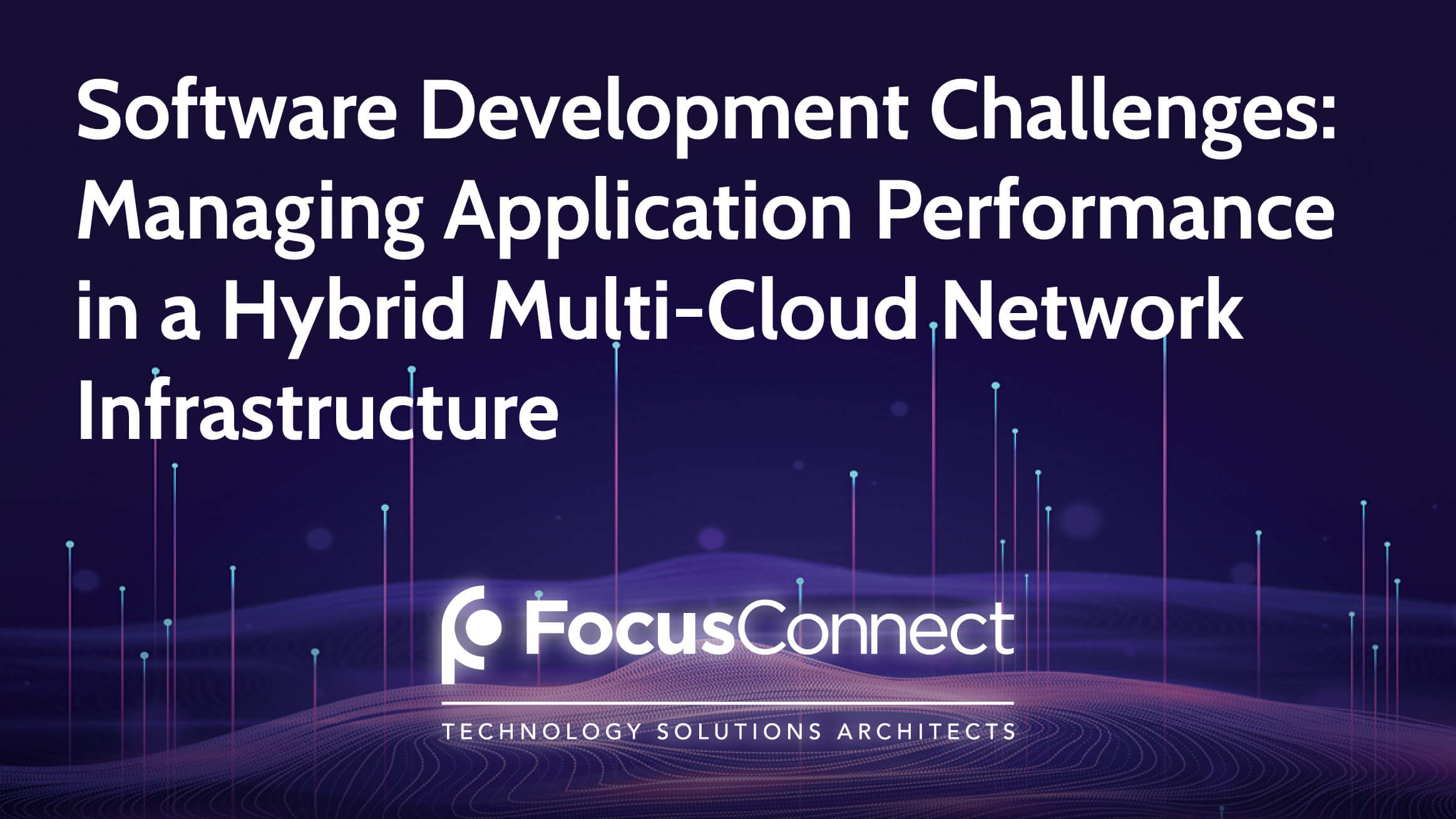As software development increasingly shifts toward cloud-native and distributed architectures, developers are finding themselves at the center of a complex challenge: ensuring consistent application performance across hybrid multi-cloud environments.
Whether you’re building microservices, deploying containerized apps, or integrating legacy systems with cloud platforms, understanding the performance implications of hybrid multi-cloud infrastructure is essential. This blog explores the key challenges developers face and how tools like managed IT services, application control software, and cloud security services can help.
What Is Hybrid Multi-Cloud Infrastructure?
A hybrid multi-cloud setup combines:
- Private cloud (on-premises or hosted)
- Public cloud (e.g., AWS, Azure, Google Cloud)
- Multiple cloud providers working together
This architecture gives developers flexibility in choosing the best environment for each workload, but it also introduces complexity in performance monitoring, debugging, and optimization.
Top Challenges for Developers
Limited End-to-End Visibility
When applications span multiple clouds and on-prem systems, tracing performance issues becomes difficult. Distributed logs, inconsistent metrics, and siloed monitoring tools can slow down debugging and root cause analysis.
Developer Tip:
Use remote monitoring and management (RMM) platforms that integrate with cloud-native tools like Prometheus, Grafana, and OpenTelemetry. Partnering with a managed IT services provider can help unify observability across environments.
Latency and Network Bottlenecks
Application Program Interfaces, microservices, and databases often communicate across cloud boundaries. Network latency, packet loss, or misconfigured routing can degrade performance—especially in real-time or high-throughput applications.
Developer Tip:
Implement cloud infrastructure optimization and use secure remote access solutions to reduce latency. Consider edge computing strategies and Virtual Desktop Infrastructure (VDI) support for distributed teams.
Security Constraints Impacting Performance
Security layers like firewalls, encryption, and access controls can introduce overhead. Inconsistent policies across cloud providers may lead to performance trade-offs or blocked functionality.
Developer Tip:
Integrate identity and access management (IAM) and multi-factor authentication (MFA) services early in your architecture. Use Zero Trust Architecture principles to balance security and performance.
Application Control and Shadow IT
In hybrid environments, developers may unknowingly deploy unauthorized tools or dependencies, leading to performance issues and security risks. This is especially common in CI/CD pipelines and container registries.
Developer Tip:
Use managed application control and application whitelisting services to enforce policies. These tools help prevent shadow IT and ensure only approved software runs in production.
Resource Allocation and Cost Constraints
Cloud platforms offer dynamic scaling, but misconfigured autoscaling or under-provisioned resources can lead to performance degradation. Developers often lack visibility into cost-performance trade-offs.
Developer Tip:
Collaborate with DevOps and IT teams to use cloud consulting firms and IT infrastructure management company services. Tools that support cloud migration support and scalable IT solutions for growing businesses can help optimize resource usage.
Integration Complexity
Applications often need to integrate across different cloud platforms, legacy systems, and third-party APIs. Ensuring consistent performance across these integrations is a major challenge.
Developer Tip:
Use cloud managed services and IT strategy consulting services to design robust, interoperable architectures. Consider service meshes like Istio or Linkerd for managing cross-cloud communication.
How Managed IT Services Support Developers
Partnering with a managed IT services provider can offload infrastructure complexity and allow developers to focus on building and optimizing applications. These providers offer:
- 24/7 IT helpdesk services
- Proactive IT support
- Endpoint management solutions
- IT patch management services
- Cybersecurity as a service (CaaS)
- Compliance audits and assessments
They also help teams reduce IT costs with MSP and improve the ROI of outsourced IT support, freeing up resources for innovation.
Final Thoughts
For software developers, managing application performance in a hybrid multi-cloud environment requires a blend of technical insight, collaboration, and the right tools. By leveraging managed cybersecurity services, cloud security best practices, and application control software, developers can build resilient, high-performing applications that thrive across platforms.
Whether you’re deploying microservices, managing APIs, or scaling enterprise apps, understanding these challenges—and how to address them—will help you deliver better software, faster and more securely. FocusConnect can be a valuable resource that helps you do it efficiently.FocusConnect is a Denver-based managed IT services provider committed to collaboration, innovation, and leadership. We specialize in delivering secure, scalable solutions that align with today’s evolving industry standards—never yesterday’s. Our expert team empowers organizations to enhance cybersecurity, streamline operations, and reduce costs through tailored strategies designed to grow with your business. Partner with FocusConnect to future-proof your IT infrastructure and drive sustainable success.


